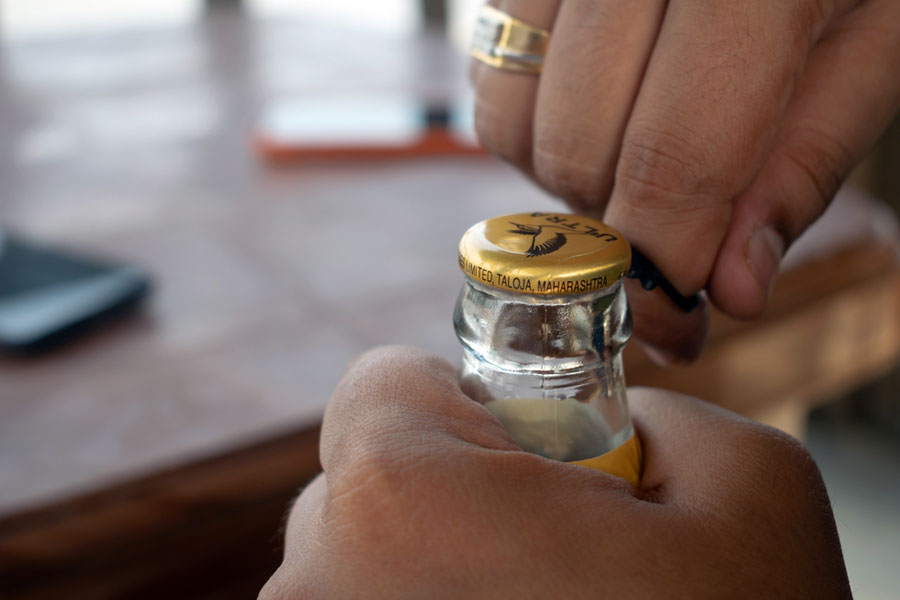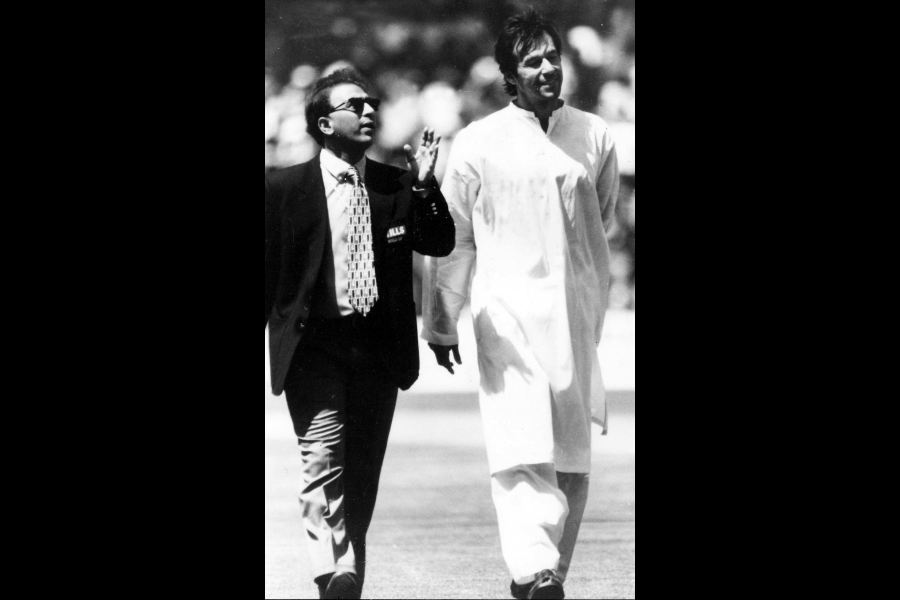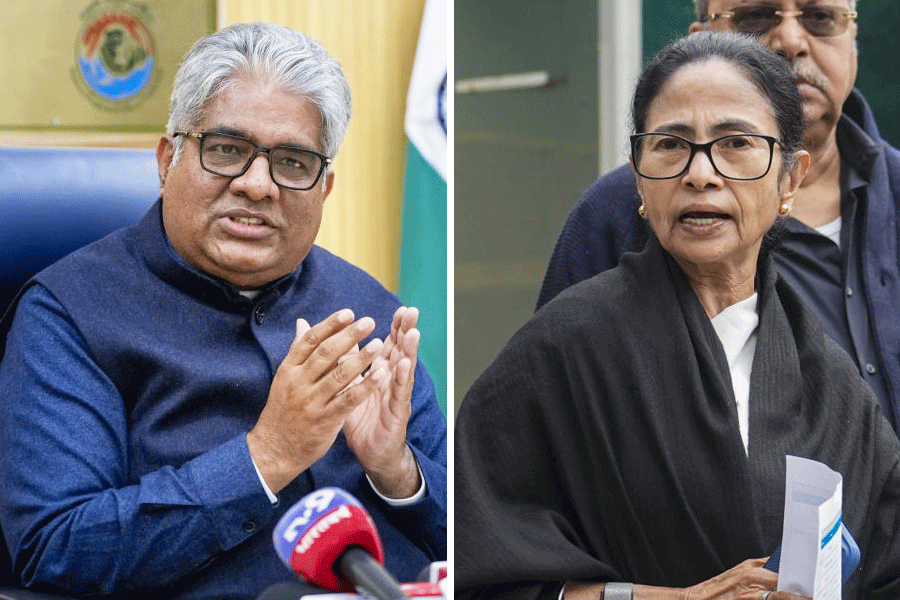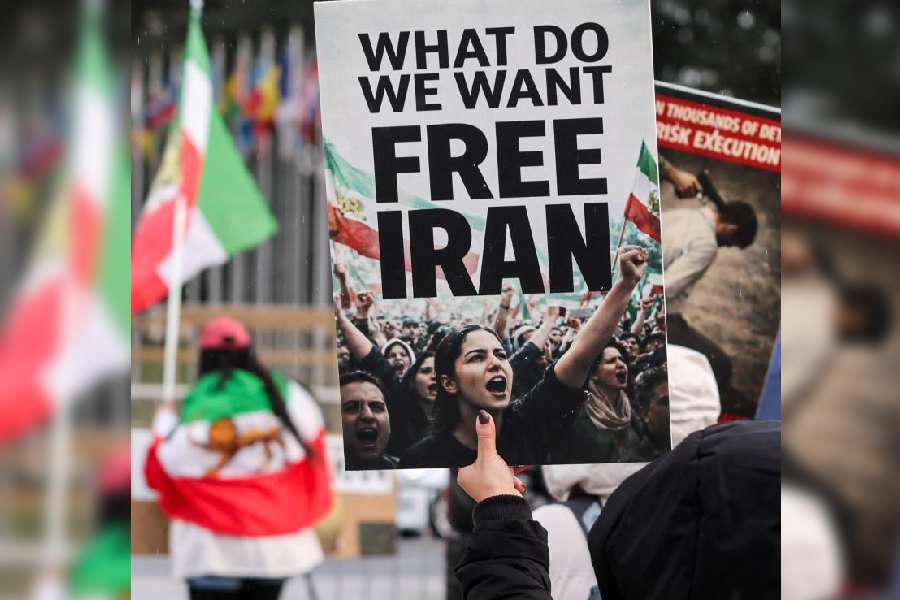India and the European Union will this week assess their stalled free trade negotiations, with liquor tariffs emerging as a key flashpoint amid Brussels’ push for deep duty cuts on European spirits.
European Commission President Ursula von der Leyen will meet Prime Minister Narendra Modi and top ministers on Thursday in a bid to accelerate trade talks, which have dragged on since 2007 due to sharp differences over tariffs and market access.
While the EU seeks an “ambitious” and “commercially meaningful” deal, a senior official acknowledged that tariff disputes over wine and spirits remain a major sticking point. “For us, speed is less important than substance,” the official said, declining to set a deadline for FTA.
The EU has repeatedly demanded drastic cuts to India’s high import duties on European liquor, which currently faces tariffs of 150 per cent. However, Indian liquor manufacturers warn that an abrupt slash in duties could devastate domestic brands while flooding the market with cheap imports.
The Confederation of Indian Alcoholic Beverage Companies (CIABC) has called for a phased reduction in duties over a 10-year period instead of an immediate cut, while also demanding strong anti-dumping measures.
"The government must safeguard Indian manufacturers while negotiating tariff concessions. A sudden reduction would give foreign brands an unfair advantage, especially as Indian products face non-tariff barriers in global markets," said CIABC director-general Anant S. Iyer.
The CIABC has urged state governments to withdraw excise duty concessions given to imported liquor, arguing that a customs duty cut would otherwise amount to a "double whammy" for domestic producers.
"Indian spirits and wines are already under pressure. Any duty slash must be accompanied by stronger curbs on tax evasion via under-invoicing and transfer pricing routes," Iyer said.
Indian liquor exporters argue that while the EU aggressively pushes for duty cuts on its products, it has done little to ease barriers for Indian alcohol exports. Non-tariff restrictions have kept Indian whiskies and spirits from gaining meaningful access in European markets, despite their growing global recognition.
"If the EU wants tariff cuts, it must also allow fair access to Indian liquor brands. The current FTA draft is skewed towards European interests," said an industry executive.
India's beverage alcohol industry contributes over ₹3 lakh crore to state exchequers and generates significant employment, particularly in agriculture. Industry leaders warn that reckless tariff reductions without safeguards could wipe out years of investment in building premium Indian spirits.
Beyond liquor tariffs, India and the EU are negotiating an investment protection pact and a geographical indications agreement, but progress has been slow. Talks were relaunched in 2022 after a decade-long suspension due to differences over market access and regulatory standards.
The EU also sees India as a crucial strategic partner in its push to de-risk economic ties with China. “India is essential to Europe’s Indo-Pacific strategy,” a senior EU official said, adding that security cooperation would be a key agenda item.










